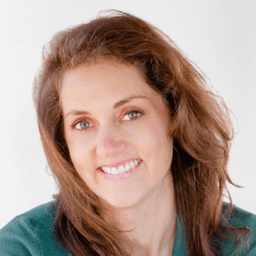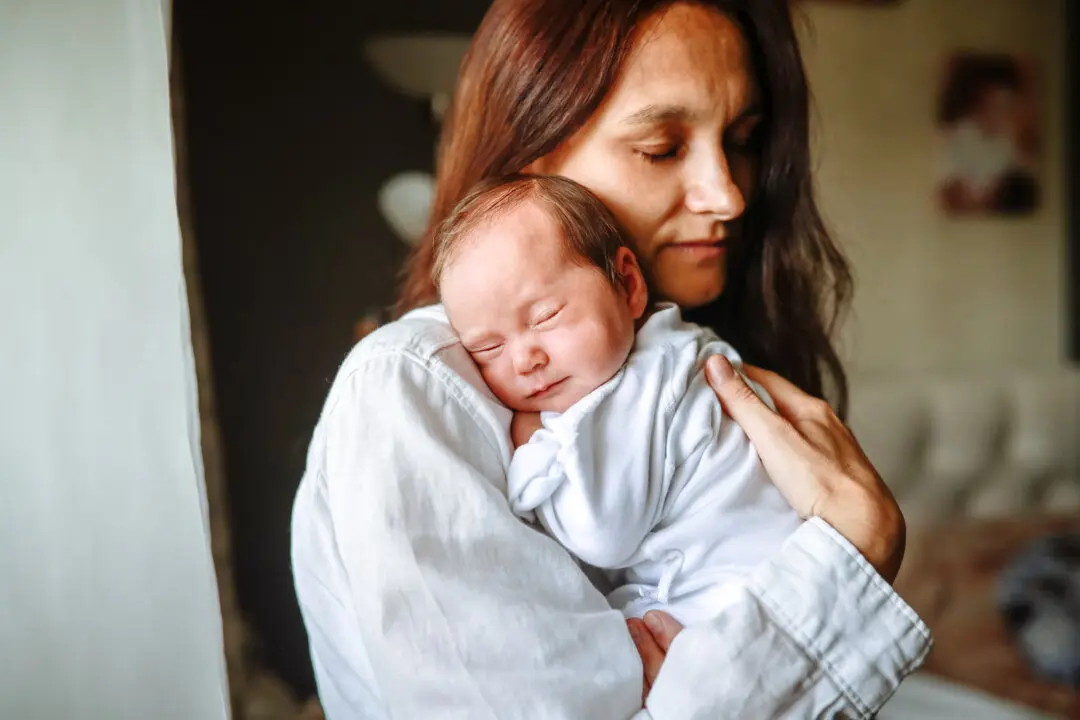Join Sina McCullough, PhD in nutrition, on her quest to uncover truths about food and health. A scientist by training and journalist by nature, Sina offers facts and insights about how to live healthy, happy, and free.
Emotions affect our biology—our cheeks turn red when we’re embarrassed, palms sweat when we’re nervous, and hearts race in moments of intense emotion. But can your feelings actually kill you?






